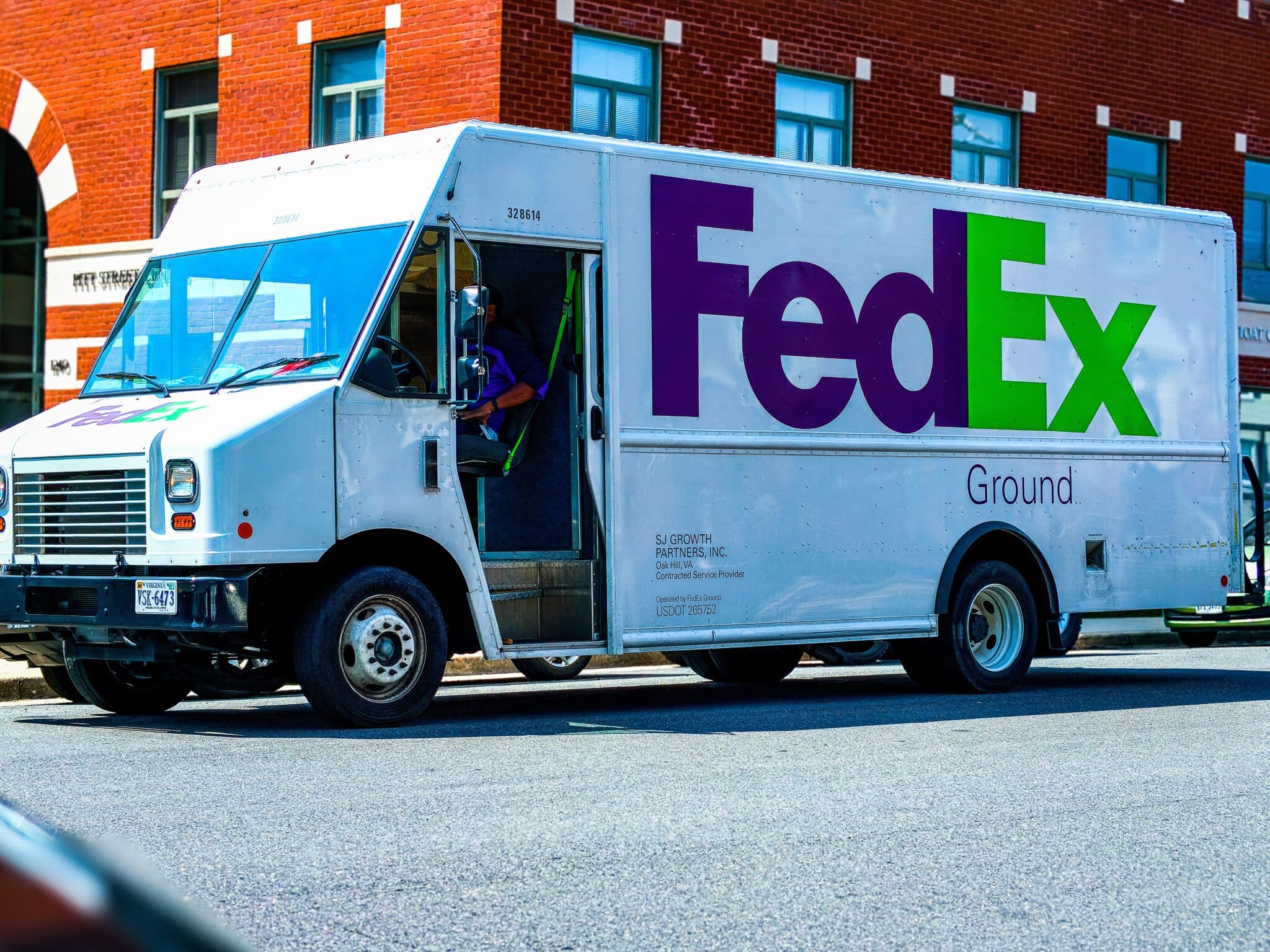We’re nearing the end of Q4, so that means all the major carriers have announced how they plan to change, introduce, and increase their rates for the 2023 year. As one of the largest carriers worldwide, FedEx is relied on by shippers across the continental U.S., so their rate increases have a widespread impact on everyone’s bottom line. This year, we’ve put together a list of the biggest key points of the new FedEx rates you can expect to directly affect you.
Record Setting FedEx Rate Increases
For the past decade, FedEx had set the precedent of increasing their rates by 4.9% each year, allowing shippers to accurately predict rates and forecast for the upcoming year. This pattern was finally broken in 2022 with 5.9% cost changes and the introduction of new surcharges. As surprising as last year’s announcement was, this year’s announcement of 6.9% rate increases was partly due to “the tremendous inflation of costs,” as mentioned by Raj Subramaniam, FedEx’s current President and CEO. With this increase, it’s expected that everyone in the industry will feel the effects, including FedEx itself. However, Reveel’s analysis found that the impact on most businesses will be significantly greater.
1. Common Surcharges Exceed the 6.9% Increase FedEx Announced
The announcement FedEx put out regarding their 6.9% rate increase was carefully worded to not include their various surcharges. While FedEx rate changes have traditionally followed this trend and increased surcharges significantly more than other rates, this year saw percentage jumps ranging from 10% to 15%, all the way to a 33% increase in their Late Fee cost, going from 6% to 8%. Only two surcharges escaped the rate increases: the Ground Economy Delivery Area surcharge, and the Ground Economy Delivery and Returns surcharge.
2. Ground Minimum Package Charges Increase By 7.9%
Historically, FedEx Ground’s minimum charge has steadily increased, going all the way back to 2006, this year saw a higher increase than in previous years. Since a minimum charge simply sets the tone for what shippers can expect their base rate to start at per service, we can expect to see higher overall FedEx rate increases thanks to the 7.9% change. However, FedEx will continue to allow this number to be negotiable on a hipping agreement basis, so it’s possible that shippers can look for concessions here.
3. New Remote Surcharge Introduced in Some Zip Codes
At the end of 2021, UPS announced a Remote Surcharge delivery fee for some zip codes in the contiguous U.S. and had them take effect as of January 2022. FedEx has finally followed suit and introduced their own Remote Surcharge, effective January 30th of 2023. While this new charge won’t affect all shipments, it does add an extra $13.25 to packages headed to over 4,000 zip codes across the states, whether they’re commercial or residential. Learn more about which delivery locations this will affect in FedEx’s zip code update on their website.
4. Longer Zones to See Higher Rate Increases
In past years, we’ve seen rates similarly increase across shipping zones. However, this year is the first time we’ll see FedEx rates updated proportionately, so you can expect to see longer zones (6-8) increase at a higher rate compared to others. To account for this, FedEx has kept their rate changes across weight the same across the board, while last year, this was the area where the major parcel shipper adjusted rates proportionately to account for lighter or heavier packages. If you’re a shipper that has frequent long zone shipments, keep an eye on this area of your costs.
How the New FedEx Rate Changes Will Affect You
As with previous years, not all shippers will be affected the same way since FedEx rate increases lean heavily on different areas each year. If you expect to ship heavier packages across long zones or often accrue additional surcharges on a regular basis, you can expect to see your rates increase significantly more than the 6.9% FedEx initially announced. The average FedEx customer can expect their average spending to go up by 9.1% year over year. Less than 5% of shippers will see their shipping costs increase by 6.9% or less.
Industries That Will Be Most Affected
Some businesses will pay significantly more, particularly those that ship packages subject to additional shipping and handling charges. This includes those who regularly have packages weighing 50 pounds or more, or have dimensions of 48 inches or more on their longest side. As with last year, companies that ship oversized or heavier parcels in industries like auto parts, furniture, home goods, and sporting goods will be particularly hard hit by new rules and fees in the new year.
E-commerce businesses that compete on low margins or that differentiate themselves with free shipping are also likely to be impacted. Notably, the 2023 rates from the nation’s two largest carriers build on dramatically higher shipping costs that first emerged during the pandemic when the dramatic increase in online sales stressed both carriers’ networks.
With this data in hand, you have everything you need to put it to use and Reveel can help you do that. Our shipping and logistics solutions leverage machine learning to find simple, cost-saving opportunities to make your operations more efficient and affordable. Contact us to schedule your demo and learn more about how you can offset your shipping costs and FedEx’s new higher rates with Reveel’s Business Intelligence platform.



